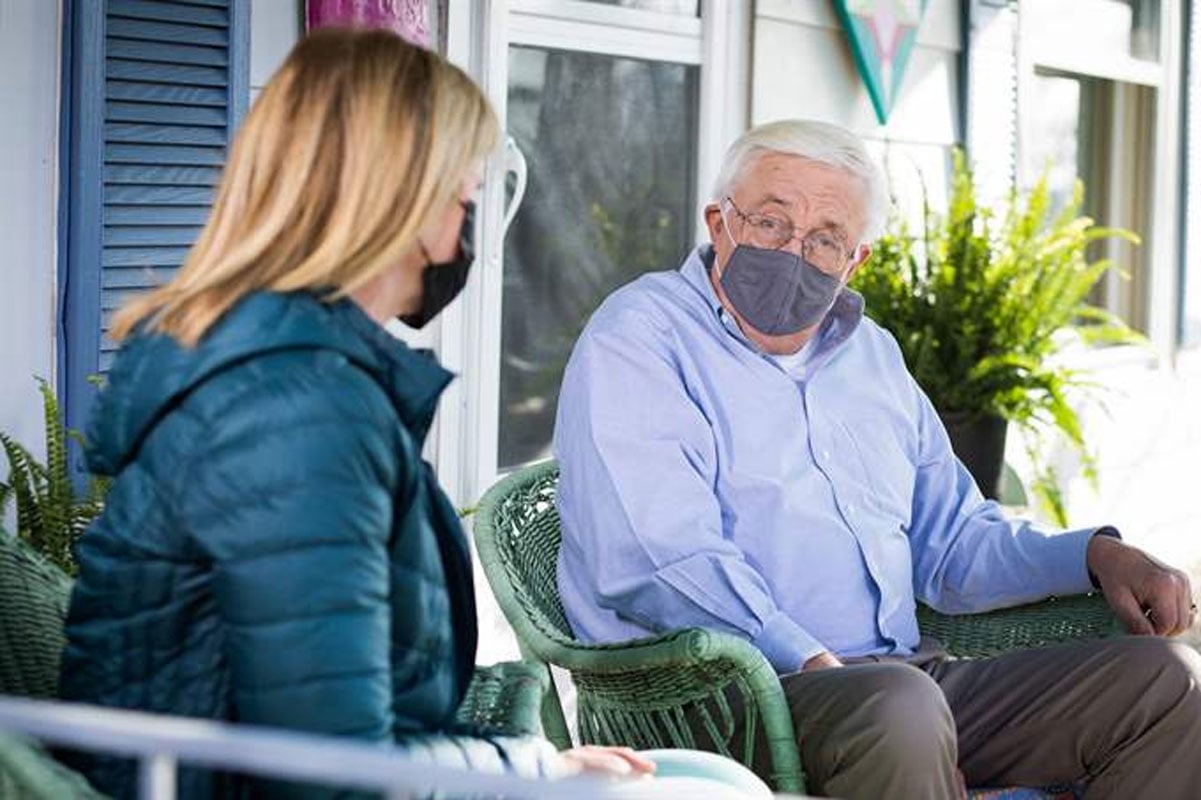When Is It Time for Care?
This is a question that as children of aging parents we have to ask ourselves at some point in time. The fact that you’re reading this is a good indication that the time is very near – if not overdue.
The need to receive care as we age is as certain as wrinkled skin and hearing loss. If we are blessed to live long enough, we’ll need to rely on others to help us make our days all they can be. Often, that help comes initially from friends and family members. Other times, we’re faced with the reality of needing professional care; but don’t think of that as a bad thing!
Since 2001, I’ve heard people say that they absolutely loved the care provided by Home Instead and just adored their mom’s CAREGivers; their only regret was that they waited too long to get the help that, deep down, they knew she needed.
Needing help in the home is something that should be embraced, not feared. It is something that will enrich the life of the senior in your family, not detract from it. Care, when Home Instead is involved, is about relationships and the joy of aging, not the anxiety associated with enduring the last chapters of our life.
So, when is it time to consider home care?
- Ambulation Difficulties – Is mom or dad getting a little unsteady on their feet? Is their typically great balance and confident mobility becoming a little unsteady? Have they experienced a fall – or is it simply a matter of time before they do?
- Isolation and Loneliness – Does your loved one appear to be somewhat withdrawn? Do they choose not to participate in things that they once found enjoyable? Are they talking less and lost in their thoughts more? Are they less engaged, even with family and friends?
- Confusion and Memory Loss – How is your loved one in terms of the ability to think clearly and to act decisively? Are they confident when answering questions or are they showing signs that simple decisions are more challenging? Are they failing to make the kinds of decisions they once made very easily? Are they speaking repetitively – telling the same stories or repeating themselves more frequently than they used to?
- Loss of Independence – Is your loved one becoming more and more dependent on others to do the things they’d always done for themselves? Are they unable to drive? Are they unable to function without a great deal of assistance from others? Have they experienced any “accidents” that indicated that they were unable to plan things adequately – simple things like going to the bathroom on their own?
- Nutritional Health and Medication Reminders – Is your loved one eating properly? Are they paying attention to the nutritional values of the food they eat? Are they taking their medications as prescribed? Are they following the orders of their physician – and their pharmacist?
For some people, the time to reach out for help doesn’t come until late in life. For some, it happens much sooner. Providing care for a loved one is an act of respect and love, and it shouldn’t be taken lightly.
Give us a chance to show you why, To Us, it’s Personal!



